Photo by Nils Nedel on Unsplash
Safety is the number one concern of the affordable luxury solo traveler.
With the increased incidents of terrorism, kidnapping, violence against women and a myriad of health risks, staying safe while traveling solo has become challenging. Many articles have been written on this topic from which women can gain a wealth of useful information. While someone's safety can be threatened anywhere, at home or abroad, the basis for safe travel rests on using "old fashion" common sense. That said, many new safety innovations and strategies are now being employed by the travel and hospitality industry that are geared to tempering the growing international safety issues. Because I love to travel, I have refused to let all the sensational press and my own trepidation stop me from continuing to see the world. Each trip, I strive to be smarter than the last and these are the safety do's and don'ts I live by.
A snapshot from a trip to Dublin, Ireland
DO: Pick Your Travel Destination Wisely
Most solo travelers have a bucket list of places they would like to visit. In deciding where my next trip should be, I first start by researching where not to travel. My go to resource for this information is the U.S. State Department's website. Here you will find the latest international travel warnings and alerts. I avoid any country that is on this list when deciding where to travel. Each warning or alert gives a full explanation of the potential threats to U.S. citizens.
On the flip side, currently some of the safest destinations include Canada, Iceland, Sweden, Denmark, Finland, Ireland, Scotland, Switzerland, Austria, New Zealand, Costa Rica and the United States. These countries have stable political and economic systems with relatively little crime. After you have chosen your trip destination, once again, go to the U.S. State Department's website and read the Country Specific Information on the place where you will be traveling. This resource provides you with everything you will need to know before traveling to a specific country. The U.S. State Department takes protecting American citizens while aboard seriously. The information found on this website is second to none.
DO: Book Your Flight to Arrive Before Sundown
While this situation is not always possible, it is important to try and get to your destination during daylight hours. Darkness leaves a solo traveler vulnerable. If you must arrive at night, have your hotel pre-arrange your transportation to their property safely. I almost always adhere to this rule, and when I let it slip during a trip to Athens in 2014, I placed myself in a potentially very dangerous situation. Thankfully, I emerged unharmed and with quite the entertaining tale, but rest assured I will never overlook this detail again, and neither should you.
DO: Book Highly Rated, Centrally Located Hotels
One of the most important benefits to staying at a highly rated, luxury hotel is that these establishments are inherently safer because they have more safety systems in place. A hotel's reputation is its most valuable commodity. From building design and construction, quality of staff, to security measures and the like, residing in an upscale hotel is important. You are literally paying for layers of built-in safety.
In addition, a recent travel trend that some hotels have developed is to offer "women only" floors. Their focus is to make solo female travelers feel more comfortable and safe. The following is a list of these types of hotels:
Raddison Blu Astrid Hotel -- Antwerp
Ellis Hotel -- Atlanta
Hongta Hotel -- Shanghi
Hamilton Crowne Plaza -- Washington, DC
Hotel Bella Sky Comwell -- Copenhagen
Crowne Plaza -- Philadelphia
Dukes Hotel -- London
Wyndham -- Boca Raton
Swiss Hotel Metropole -- Geneva
Fairmont -- Chicago
Georgian Court -- Vancouver
International Hotel -- Calgary
The Hotel Regina in Paris is within walking distance of The Louvre and many other attractions
All of these hotels are highly sensitive to the female solo traveler's needs and concerns. Placing women on the third through sixth floor near stairwell exits, employing women butlers and having hidden surveillance cameras in public areas are just a few examples of safety procedures a solo friendly hotel will employ. In addition, "Women on Their Way" is a hospitality branded program by the Wyndham hotel group that focuses on the female traveler. Travel planning ideas, travel safety and solo travel tips are some of the information you will find on this website.
Your hotel's location is also important to keep in mind. It should be as near as possible to all of the major sites you wish to visit so walking is easy. This includes where you want to dine, shop or other things you have on your itinerary. In an unfamiliar city, use a taxi as little as possible. I try not to take a taxi in a country where I do not speak the language. A centrally located hotel is where the action is and this lends itself to the "safety in numbers" theory. Sparsely populated places tend to be more dangerous. Predators are less likely to prey on solo females in crowded places. Another tip is to read hotel reviews to discover whether they have had any safety concerns; TripAdvisor provides good feedback on this issue.
DO: Utilize the Services of the Hotel Concierge as Much as Possible
Once you get settled into your hotel, introduce yourself to the concierge. Ask him or her what the areas are you should avoid and have them circle these areas on a map. Next, arrange for any transportation services you will need during your stay. If the hotel does not provide an airport shuttle service, make arrangements via email or phone for a driver to meet you upon your arrival and transport you to the hotel.
For sights and activities not within walking distance of your hotel, discuss with the concierge the best way to manage your logistics. In some countries I will take the subway or bus; in others, I will arrange for a driver to drop me off and pick me up at a designated location and time. I have never had a bad experience using the hotel solicited, livery services. Likewise, if I am traveling in a country where I do not read the language and English is not prevalent on signage, I will have the concierge book me a driver and a personal guide to accompany me the entire trip.
Last, you should ask if what you plan to do is advisable. Is it out of the norm? If so, is it safe to do? If you decide to go out alone at night (something I never do) let the hotel staff know where you are going and when you plan to return. If you end up missing, the hotel will contact the proper authorities to advise them of your absence.
DO: Follow Smart Hotel Habits
Don't assume just because you are residing at a reputable hotel that you don't need to maintain smart hotel habits. The following are routines I do, consistently, when traveling solo.
Locate the nearest stairwell exit
Keep the door locked and bolted at all times
Call the hotel front desk if someone knocks on my door, unless it is room service which I have ordered. Even then, I always ask who it is before letting them in.
Place the "do not disturb" sign on my door
Leave the television on when I am out for the day
Utilize the hotel safe to house my travel documents, tech equipment, valuables, money or credit cards
Draw the drapes and charge my phone nightly
Before bed, make sure all balcony doors and windows are locked
One final tip here is the last thing I do before turning out the light is I always place my purse on the floor next to the bed and make sure it contains my money, credit cards, passport and cell phone in it. I follow this habit religiously. If an emergency occurs during the night, your most valuable assets are in your purse and you can grab it and head for the emergency exits. Two years ago, I experienced the fire alarm going off in a Chinese hotel at 11:30pm, causing all the electricity to go out. I was able to grab my purse and run down eight flights of stairs, only to learn later that it had been a false alarm set off by a teenager. I was proud of myself for being prepared for the unthinkable.
DO: Pack Intelligently
Deciding what to wear and what to pack is one of the most challenging aspects of preparing for a solo vacation. Always think lightweight. Use the lightest, sturdiest wheeled suitcase you can find and an airline stipulated sized, wheeled carry on. Only pack what you need! Heavy, over packed suitcases can become a safety hazard.
Start by researching your destination's culture and weather forecast. Select neat, well-fitting clothes that are versatile which can be mixed and matched and worn more than once for different activities. Your goal is to dress for safety. You want to blend in with the indigenous population. More importantly, you don't want to stand out as an inexperienced, solo female traveler. Shorts, team logo T-shirts, white sneakers, tennis shoes or expensive jewelry scream "out of towner." Leave anything you don't want to lose at home. I recommend that you do not wear your wedding ring. Instead, I wear a simple, inexpensive band. However, if you are not married, a good safety measure would be to wear a fake band.
A cross body, chain strapped purse and a stylish backpack are advisable accessories to help protect you from potential street theft of your wallet, passport, and/or expensive camera. Several pairs of well-constructed, fashionable walking shoes are important clothing pieces to assist you with coping with foot and body fatigue. When you are tired, accidents happen.
Make two paper copies of the following documents:
Your passport's personal information page and all required visas, your driver's license, the front and back of your credit and/or debit cards, your travelers checks with their serial numbers, your airline tickets, hotel confirmations, your medical prescriptions and your trip itinerary. I hide one copy in the zipped lining of my suitcase and I give the other copy to my husband. Someone, a family member or friend, should have a copy of all your documents. While abroad if any of these items are stolen, their replacement will be much easier if you have a hard copy. Losing your passport or credit/debit cards can ruin your holiday and compromise your safety. Many travelers use Google Docs or DropBox to store this information that can be accessed readily from their computer or phone.
Safety Devices
When I am visiting a foreign country where I don't speak or read the language, I take along a few safety gadgets that will put a barrier between a threatening situation and me. Examples include a triangular doorstopper or an alarm device that can be placed into the room door jam at night or a whistle that can be worn around my neck, hidden in my shirt during the day. Some solo travelers carry a large umbrella while walking if they feel a tad unsafe; a predator will less likely bother a woman who has a large umbrella she can jab him with. Read about my favorite safety gadgets here.
Pack all your valuables and your medications in your carryon bag, as well as, any reading material, your computer or your tablet (I once had an iPad stolen from one of my checked bag). Carry your medications in their respective pharmacy containers. This will identify clearly what medicines you are traveling with. Bring a week more of your required meds just in case you need them. Accordingly, tag all of your bags with a covered luggage tag that identifies your name, address, cell phone number and email address. This type of tag keeps your personal information hidden from the sight of an ill-intentioned stranger.
DO: Utilize the Smart Traveler Enrollment Program
If you are an American citizen, you are highly advised to register your travel itinerary with the US State Department's Smart Traveler Enrollment Program and with the corresponding country's embassy where you will be traveling. This wonderful service helps protect you if something goes wrong. For instance, the US Embassy will contact a family member in the event of an emergency, as well as, help with other problem solving issues if they have your information. Also, I recommend getting the Smart Traveler app created by the US State Department's. You not only can enroll in the Smart Traveler Enrollment Program (STEP) on this app, it also, gives you a wealth of additional traveler information such as up-to-date travel warnings and alerts.
Some countries require your passport to be valid for six months after your trip ends. Check your passport's expiration date to make sure you comply with this requirement. If your passport expires before the six-month period, you could be fined and/or detained.
DO: Practice Health Safety
First and foremost, get all of the required vaccinations and immunizations several months before your trip. The US Center of Disease Control and Prevention or the World Health Organization websites provide this information along with what type of inoculation proof such as an International Certificate of Vaccination, the Yellow Card, you will need to enter a country. Accordingly, you will find other health precautions you should follow while on your vacation.
I recommend you see your doctor and get a check up before you leave, even if you don't need to update your vaccinations or get additional ones. Let your doctor know where you will be traveling and what type of activities you will be doing. Ask for any health recommendations he/she can provide. Make sure you have an extra copy of all of your medical prescriptions to take with you on your trip. Keep these prescriptions in your wallet. Also, ask your doctor to write down the generic equivalents in the event the prescribed medicine is not available. If food and water safety will be a problem, ask your doctor for a prescription for dysentery.
A new health safety tip I just learned about, and have not utilized, is your can register with the International Association for Medical Assistance to Travelers (IAMAT). This site lists the nearby clinics and their addresses where health professionals speak English. In addition, the country's US Embassy can also help you find an English speaking doctor or a recommended hospital if you need one.
Last, before you leave check with your health insurance provider to find out what will and will not be covered if you have a health event while traveling. Buy a separate travel insurance policy for your trip that pays for all medical expenses not covered under your existing health insurance policy. Make sure your travel policy provides for MediVac services, which if needed, includes transporting you home in a private, medically equipped aircraft. I can't stress this tip enough. Being in a severe accident, having a heart attack or stroke while vacationing and not being able to get back home without proper medical attention while in route home, could be the difference between life or death.
DO: Purchase Travel Insurance
Whether traveling internationally or, on a costly domestic trip, travel insurance is a must. This type of insurance policy covers a variety of trip emergencies and/or claims. Several of these include reimbursement of pre-paid expenses if you have to cancel your trip for any valid reason, coverage for theft and lost luggage claims, providing for, as mentioned, MediVac services in the event of a health issue or an accident, as well as, coverage for many other types of losses. Several reputable insurance carriers write this type of policy. Do some research, and decide what kind of policy might be best for you. I have used both TravelGuard and Allianz in the past.
Before you purchase your policy, make sure you fully understand what is and what is not covered. If you don't have a clear understanding of what you are buying, call the insurer and talk to an agent to make sure you are buying a first class policy that will cover the claims that could materialize. For more in-depth information, you can listen to this podcast or read this blog post.
DO: Make Sure Your Cell Phone Will Work Where You are Traveling
Before I leave for any trip I contact my cell phone provider to let them know where I will be traveling and to make sure my cell phone will work while I am abroad. In some countries such as Russia and China, cell phone service can be spotty. You will need to know this information so you can plan to have added safety steps if you can not call someone in the event of an emergency. I adjust my cellular and data plan to be internationally economical so I will not generate an enormous bill with overseas calls, texts or emails. Your phone company’s representative should fully explain what will cause your bill to skyrocket, such as roaming charges and international text messages. I also utilize the FaceTime and Skype apps while on wifi.
Photo by Nicole Harrington on Unsplash
Daily Do's When Traveling
Do carry your hotel's business card in your purse. If you get lost, you will know the hotel's address and phone number allowing you to be able to give them a call and ask for assistance in getting back to the hotel.
Do take only the amount of cash, debit or credit cards that you will need for that day's activities. Leave all your other cards and extra cash in the room safe.
Pack your daily valuables, camera, smartphone and passport in your backpack, securely, zipped and closed. Never let your backpack leave your body. When you are dining put the backpack on the floor and wrap the strap around your foot.
Do use travel apps, as much as possible, to guide you from place to place. If available, use Google Maps, a wonderful tool that gives you directions and keeps you from getting lost.
Do be cautious when using ATM machines in highly populated, tourist areas. Many of these machines have been known to have "skimmers" attached to them. Skimmers are devices that can capture your PIN number and debit/credit card information that can be accessed and used by cyber criminals. It is a good practice to only use the ATM machines in your hotel or in a bank.
Do check the weather, daily and dress appropriately. Be confident and look confident; dress conservatively. As much as is possible, your goal should be to blend in with the population.
Do know and respect the cultural norms of the country you are visiting. When entering a Mosque make sure you have a scarf or pashmina to cover your head and remove your shoes. In Morocco it is sinful to eat with your left hand and in Singapore it is illegal to chew gum. Do your pre-trip research to make sure your actions will be culturally correct.
Do have emergency phone numbers such as the police headquarters, the US Embassy and the general assistance number for the city you are in logged in your phone for quick access if the need arises.
Do stay properly hydrated. During the day drink as much water as possible. I recommend packing an extra bottle in your backpack.
Do give an assailant whatever he wants if you are mugged. Ideally, throw your purse/backpack on the ground and run. Your travel insurance will cover the loss of your valuables but not your safety. Don't fight with a criminal!
Do trust your gut. When you are feeling uncomfortable, leave the situation immediately. If needed call the appropriate authorities or your hotel and apprise them of the situation. Find the nearest cafe, store or public place and go inside. Regroup your wits and figure out what your next move should be.
Do know the foreign words for "help" and "police." If attacked, scream these words as loud as you can.
Do stay alert and be aware your surroundings at all times. Notice if you see the same person twice in a short period of time.
Daily Don'ts When Traveling
Don't consume more alcohol or wine than you can control. If you want to get inebriated , do it in your room or at the hotel bar and have the hotel security escort you back to your room. Don't accept drinks from strangers and keep a close eye on your libation to prevent someone tampering with it. You must be able to take care of yourself at all times while traveling. Don't let yourself be vulnerable is the cardinal rule for safe solo travel.
Don't allow yourself to be alone in sparsely populated or impoverished areas at night.
Don't engage in discussions with strangers dealing with controversial subjects such as religion or politics. Keep these views to yourself. You never know what will offend someone in a foreign country.
Don't be distracted or conned by strangers who try and engage in unwanted conversation, even children. There are many techniques criminals use to distract you so to compromise you and your safety.
Don't pet stray dogs or cats. Rabies is common in some countries. To have a health event from trying to love a pet while traveling is a bummer.
Don't tell anyone you are alone. Taxi cab drivers, restaurant service personnel and the like will sometimes question if you are traveling by yourself. Tell them you are meeting up later with friends or family members. Don't share your itinerary or where you are staying with a stranger. It's not rude to tell someone you don't know them and do not want to talk to them.
Don't panic if you feel like you are being followed. Find the nearest public place, store or cafe to duck into and alert someone of your fears.
Don't over schedule your daily activities. Being exhausted could cause you to let your guard down and make you more vulnerable to poor judgment or an accident.
Don't trust anyone too quickly no matter how nice they seem. Keep your guard up.
Don't engage in public signs of affluence. Don't carry your expensive designer purse, display lots of cash or wear valuable jewelry. Thieves are smart and many times, determined. They will track you, try to catch you at a vulnerable moment and snatch what they want.
Don't use your credit or debit cards in an Internet cafe. Cyber thieves frequent these locations and use devices that can decipher your online bank account and credit/debit card usernames and passwords information.
Don't carry large currency bills. In some countries vendors will not accept the US $100 bill.
My 3 most critical safety strategies:
Be Aware of Your Surroundings. If something, someone or somewhere doesn't feel right, trust your gut and remove yourself as calmly and as quickly as possible from the situation.
Spend Money to Insure and Protect Your Safety. Only stay at highly rated, centrally located luxury hotels. Let your hotel's concierge arrange private drivers and guides for activities that your safety could be compromised. Likewise, follow the concierge's safety suggestions for your daily activities
Use Common Sense at all times when traveling solo. Don't engage in conversation with strangers that ask you probing questions; pack light and dress conservatively; don't let yourself get fatigued; carry your cellphone and passport, internationally or your driver's license, domestically with you daily and last, always maintain a confident, positive attitude. You can never be too safe. It's better to practice "safety overkill" than to let yourself be vulnerable.
If you found this post informational, please let me know in the comments below and share with someone who you think might benefit from it as well. Follow Astrid Solo Travel Advisor on social media for more affordable luxury solo travel tips, tricks, stories and advice. Click on the links below!
Disclaimer: This post contains affiliate links, which means that if you make a purchase through one of these links, Astrid Solo Travel Advisor receives a commission. This comes at no additional cost to you, and it helps keep this website running, and full of free ideas and tips!
* Also please note: Neither I nor Astrid Solo Travel Advisor LLC are licensed insurance agents; however, Astrid Solo Travel Advisor LLC has an affiliate relationship with Allianz Insurance (see above). Know that it is entirely up to you whether or not you even use our affiliate links. Most importantly, choose the insurance policy (or products, hotels, flights,etc.) best for you and your needs.
Author: Astrid Clements
Astrid Solo Travel Advisor CEO and founder, Astrid, has spent over 40 years traveling around the world. She is passionate about embracing the world’s diverse cultures and sharing with others the global need and personal benefit of cultural literacy. Her focus is on affordable luxury travel that is both substantive and fun! To read more about her and each one of our Solo Travel Advisors, head over to the About page!
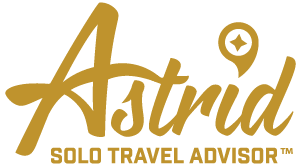



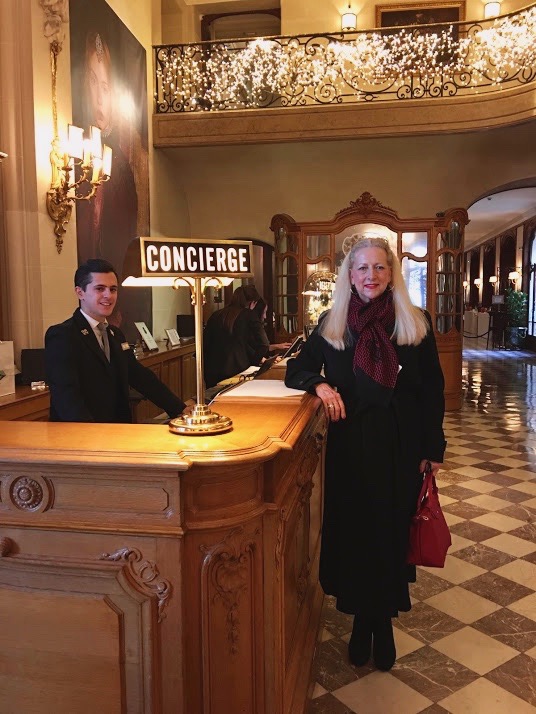




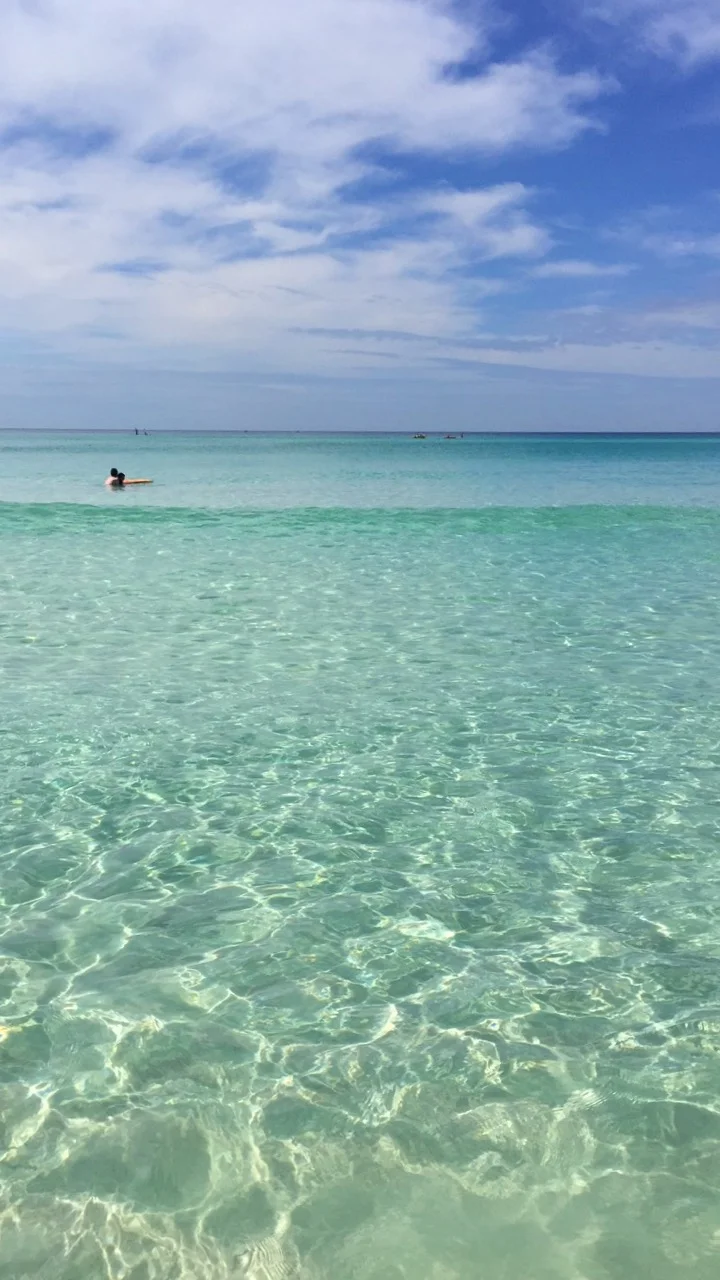

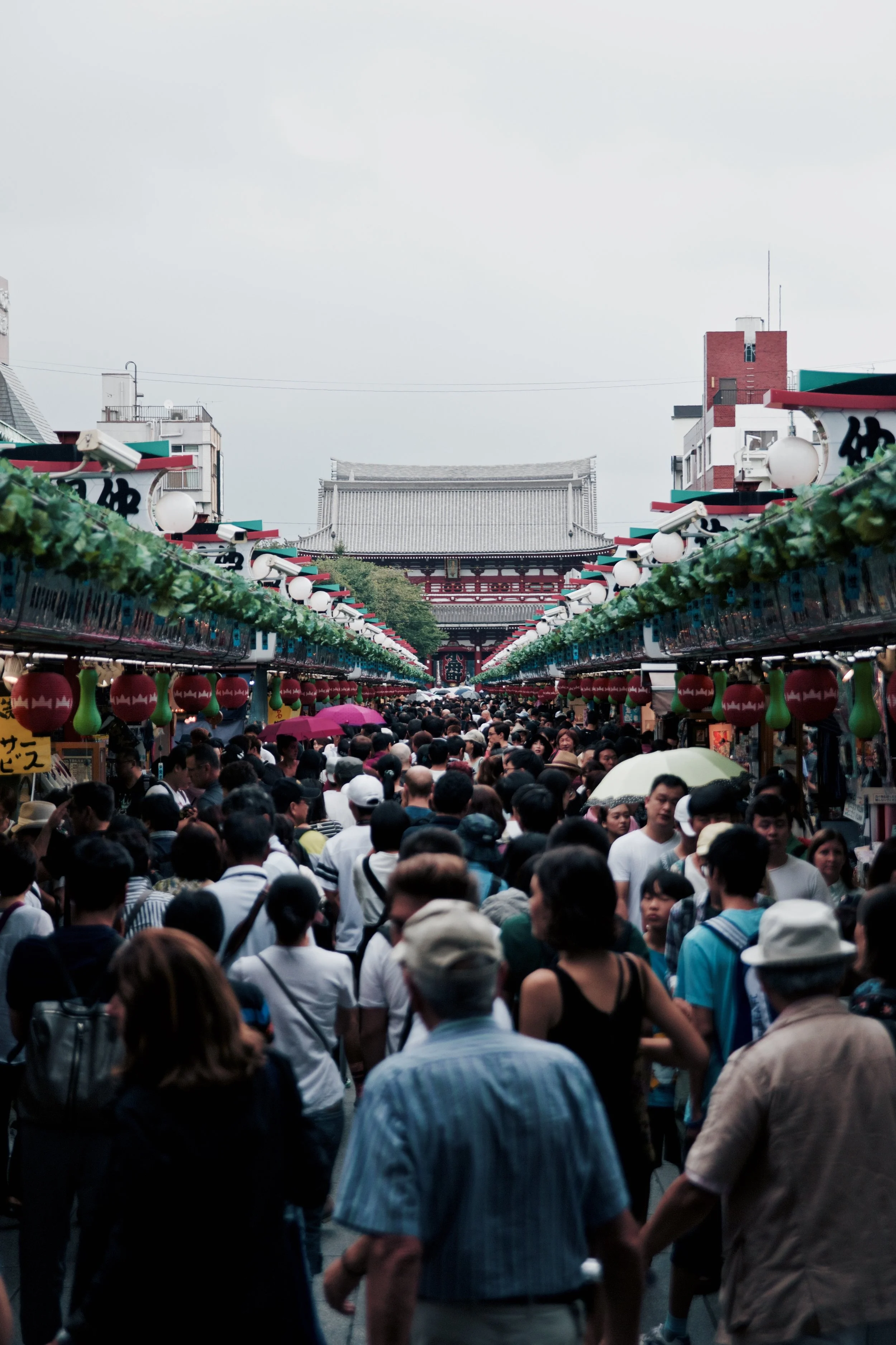

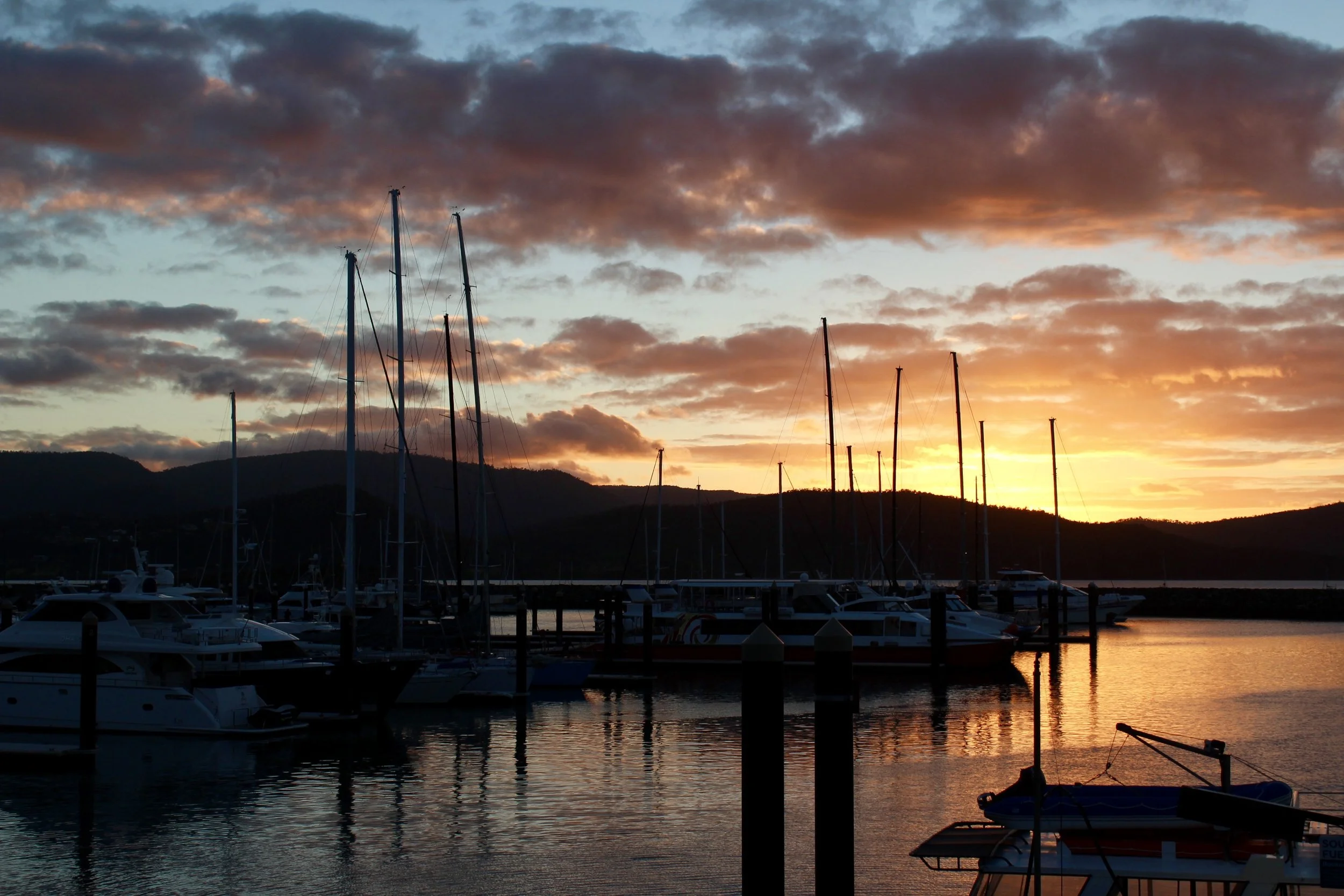
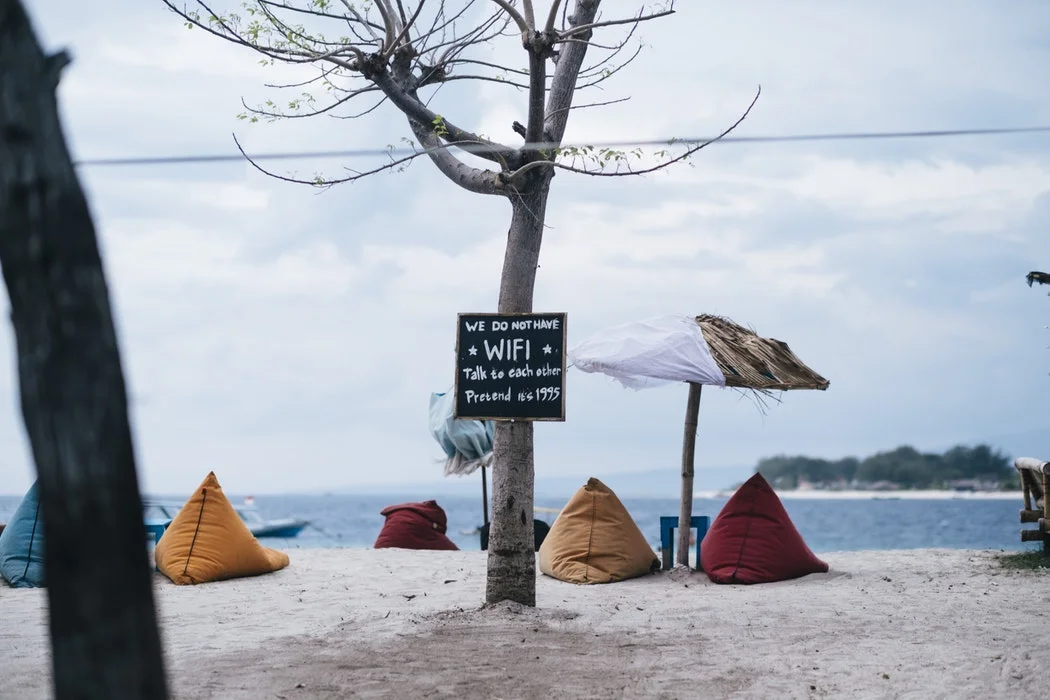




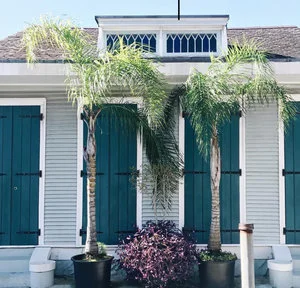












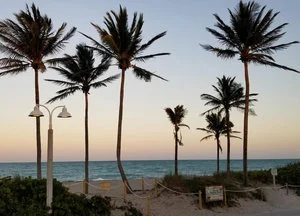







With all of the information surrounding the outbreak of Coronavirus disease 2019, you might be wondering whether you should cancel your travel plans, postpone them, or build a bunker instead. We’re being bombarded by news of COVID-19 on all media platforms. And here we are as well, writing about it. But the point of this post is to pose the questions, “How concerned should we really be?” and “How could this affect your travel plans?”